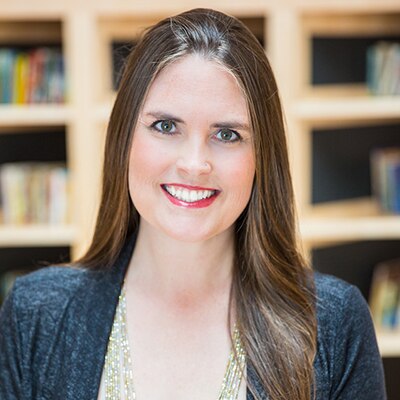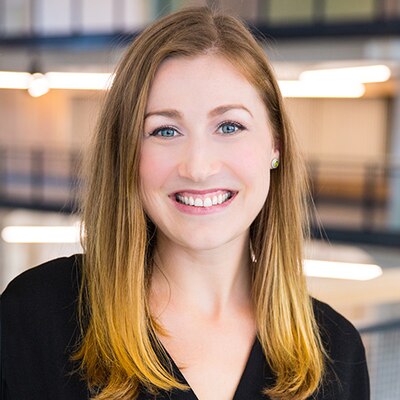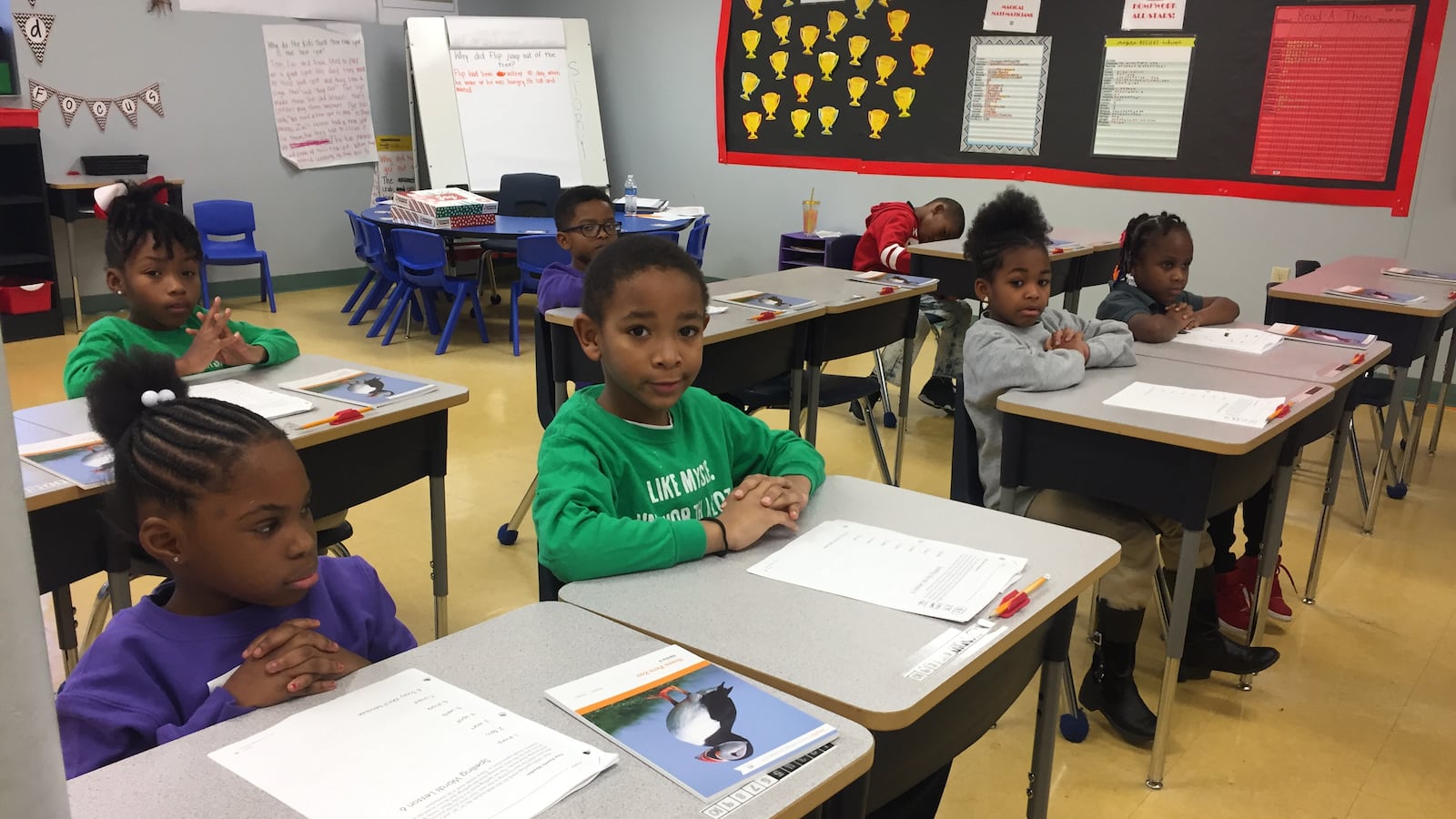A new nonprofit organization says educators must be better trained to recognize and teach students with learning disorders like dyslexia if they are to raise reading proficiency throughout Memphis.
Michelle Gaines and Krista L. Johnson founded ALLMemphis in June to boost overall reading comprehension and fill a gap they see in local classrooms — the lack of training for teachers in approaches proven to help students with dyslexia, a disorder from which many Memphis students are likely struggling.
The pair now work, for free, with about 500 students in four Memphis elementary charter schools and have trained 29 educators.
About one in five children in Tennessee are dyslexic, but until last year, early screenings weren’t required in local schools. Students with dyslexia have difficulty recognizing words and sounds and spelling, but can learn how to read with a specific multisensory approach that combines touch, sound and sight.
But even when the disorder is caught early, schools often don’t have the proper training or tools to address it. Gaines and Johnson say their organization can change that and even benefit students who aren’t dyslexic.
Specifically, ALLMemphis trains teachers in the Orton-Gillingham multi-sensory approach to reading that is common in dyslexia therapy but is rarely a part of public school curriculum in Tennessee.
“This approach is the gold standard when it comes to dyslexia therapy, but we believe it can benefit children’s reading ability regardless whether or not they are dyslexic,” Johnson said. “Our mission is to impact the third-grade reading crisis, and we believe this can do it.”

The latest data shows that two out of three Memphis third-graders aren’t reading on grade level. Shelby County Schools officials have set a goal of to have 90 percent of students reading on grade level by 2025.
ALLMemphis trained teachers and coaches in Orton-Gillingham over the summer and works with the educators throughout the year. Gaines and Johnson also work with individual students in the classrooms. The organization will be tracking student data throughout the year, and the initial results are encouraging.
While working for the Bodine School in Memphis, a private school that serves students with dyslexia, Gaines and Johnson piloted their teacher-training model at KIPP Memphis Collegiate Elementary for the last two years. They left Bodine to form ALLMemphis in June and brought on Megan Weinstein shortly after to oversee data evaluation.
Johnson said ALLMemphis will work with their current four schools for the next three years, with hopes of adding new schools every year. Eventually, the plan is to charge schools a minimal fee.
Gaines said the initial data after two years showed that KIPP students who worked with ALLMemphis showed more growth overall on MAP score data than their peers, especially in first and fourth grades.

“What’s so exciting is that the data shows this can work in an urban, whole-class setting,” Gaines said. “We know that as we grow, we want to continue offering supports that are relevant to teachers. We write and give teachers lesson plans and we work with coaches on assessments. The point is for our program to be an asset, not a burden.”
Catherine Norman, a teacher at KIPP Collegiate, said the training changed the way she thought about literacy and armed her with strong lesson plans, too.
“What I appreciate most about Orton-Gillingham is that it incorporates lots of different learning styles in one lesson,” Norman said. “The training is really expensive when a teacher does it on their own, but the fact they (ALLMemphis) have trained every K-3 teacher at our school is crazy in a good way. It makes me really excited because it provides a lot of opportunities that our kids wouldn’t get otherwise.”
Schools currently working with ALLMemphis are KIPP Memphis Academy Elementary, Collegiate Elementary and Preparatory Elementary and Memphis Delta Preparatory.

